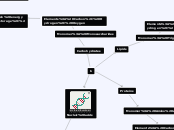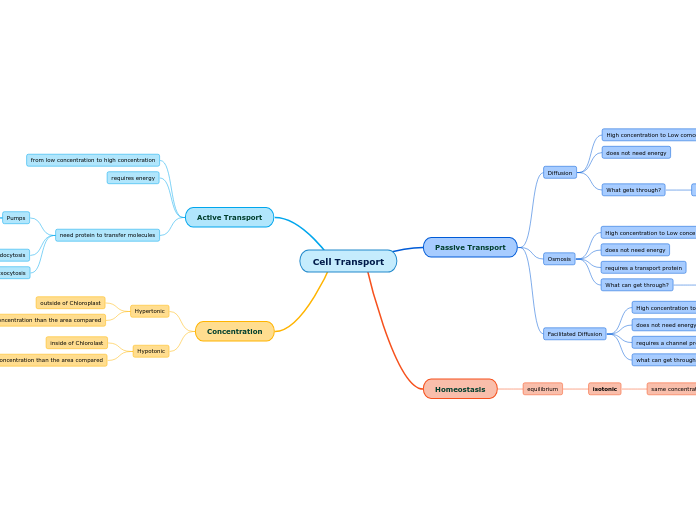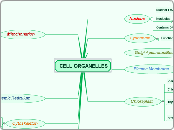b
Carbohydrates
Monomer: Monosaccharides
Functions: Quick energy, Energy storage, Structure
Ex: Sugars, Starches, Cellulose (Cell Wall), Glycogen
Unique properties: Starch-energy storage in plants, Glycogen-energy storage in animals, in liver & muscles, Cellulose-structure in plants (cell walls), Chitin-structure in arthropods & fungi exoskeleton. Use dehydration synthesis to build carbohydrates.
Lipids
Monomer: Triglycerides
Elements: Carbon, Hydrogen, Oxygen
Functions: Energy storage, Cushions organs, Insulates body
Ex: Oils, Phospholipids, Steroids, Waxes
Unique properties: Non-polar, Hydrophobic - doesn’t like water.
Nucleic acids
Monomer: Nucleotides
Elements: 5 Carbon sugar, Nitrogenous base, Phosphate group
Functions: Store and transmit hereditary information
Ex: RNA AND DNA
Unique Properties: series of bases encodes information
Proteins
Monomer: Amino acids
Elements: Carbon, Nitrogen, Oxygen, Hydrogen
Functions: Hormones, Movement, Immune system, Enzymes
Ex: Skin, Hair, Fingernails, Enzymes
Unique Properties: Proteins fold & twist into 3-D shape. Proteins do their jobs, because of their shape. Unfolding a protein destroys its shape. wrong shape = can’t do its job. unfolding proteins = “denature”
Picture
Video









